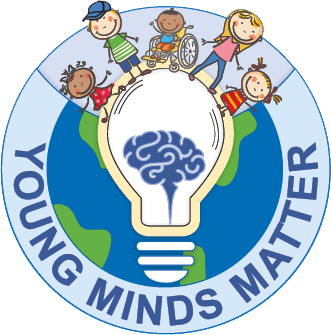Self-harm has become increasingly common in the past few years amongst young people. It is often considered a reaction or coping strategy to another problem, such as anxiety, stress or feeling overwhelmed. It is also used as a way to express distress or as a “release” for difficult emotions. Unfortunately, this relief can be quickly followed by guilt, leading to an unhelpful cycle that can be really difficult to break out of.
If you are self-harming, it is important to speak to somebody you know and trust to help break the cycle and how you other ways to cope with difficult emotions, rather than self-harm.
At Young Minds Matter, it is incredibly important to us that you are honest with your self-harm behaviour so we can identify risk and help keep you safe.
Not every type of self-harm is the same, and it is important to not compare yourself to others. Some may act in cutting behaviours, others may control what they eat as a form of self-harm, and others use drugs or alcohol, or engage in some other form of harmful behaviour that we can help you challenge.
Self-harm advice
How can we help you?
Here at Young Minds Matter there is a range of treatments to help manage your self-harm behaviour. Our first offer to you will be for a DBT Building Skills Course which runs for 16 sessions, where you can learn skills to help cope with challenging those negative thoughts and replace them with positivity, as well as receiving a one to one session each week.
You will be given new information booklets every week, full of tips and tasks for you to try and help with you feeling low or worried about engaging in harmful behaviour. You will also meet people in your age group who have similar worries, but don’t worry, you don’t have to answer any personal questions or share anything about yourself if you don’t want to, this group is to help teach you skills and challenge those worrying thoughts.
If you still need support after the skills course, there is a possibility that you could have a few sessions with one of our Young Minds Matters practitioners, who are people trained to help you challenge those worrying thoughts when it feels too much to do alone.
There is always support available, it’s about finding the right support that fits you and your needs.
National Self Harm Network


